What is a digital wallet?
Digital wallets are like virtual wallets on your phone or computer, letting you pay for things or send money without needing cash or cards. They store your money in a digital form. You can use them for online shopping or in stores that accept digital payments. Digital wallets are super handy because they keep all your payment information in one place and make transactions really quick and easy.
Yes, you do need a digital wallet to manage and use cryptocurrencies. In the world of cryptocurrency, a digital wallet serves as a personal interface to the blockchain, the underlying technology behind digital currencies like Bitcoin and Ethereum. This wallet doesn't store your cryptocurrency in the traditional sense; instead, it keeps your private keys, which are critical for accessing your cryptocurrency holdings. These keys prove your ownership of the digital assets and enable you to make transactions.
A digital wallet, particularly when dealing with cryptocurrencies and tokenization, acts as a secure platform for managing digital currencies like Bitcoin, Ethereum, or USDC. In essence, it doesn't store physical coins or notes, but rather secure digital keys that represent ownership of these digital assets. These keys, known as private keys, are crucial for accessing and transacting the cryptocurrencies stored in the wallet. When you want to make a transaction, such as sending Bitcoin to someone, the wallet uses your private key to securely sign and approve the transaction, ensuring that you are the legitimate owner and have the right to transfer these digital assets. The process of tokenization in digital wallets involves converting the rights to an asset, like a unit of cryptocurrency, into a digital token on a blockchain. The blockchain, a decentralized and secure digital ledger, records every transaction made with these tokens, providing transparency and security. When you initiate a transaction, the digital wallet interacts with the blockchain to process and verify it.
This involves broadcasting the transaction details to the network, which are then confirmed and recorded on the blockchain. Throughout this process, the wallet provides a user-friendly interface, allowing you to manage your assets, view transaction histories, and perform operations like trading one type of cryptocurrency for another. This combination of security, convenience, and integration with blockchain technology makes digital wallets an essential tool in the world of digital currencies.
When it comes to creating a digital wallets, there's a diverse range of types and configurations, each catering to different needs and preferences. Before creating a wallet, it's important to understand the differences between the most common types; custodial and non-custodial wallets. Custodial Wallets: Custodial wallets are managed by a third party, like a cryptocurrency exchange or a financial services company. When you use a custodial wallet, the private keys of your cryptocurrencies are held by the service provider.
This arrangement means you rely on the provider for security and access to your funds. Custodial wallets are often user-friendly and offer recovery options in case you lose your access credentials. They are a popular choice for those new to cryptocurrencies or those who prefer not to manage their security. Non-Custodial Wallets: In contrast, non-custodial wallets give you full control over your private keys and, by extension, your cryptocurrency assets. This type of wallet is often recommended for those who prioritize security and autonomy. Since you hold the keys, you have complete responsibility for your wallet's security. Non-custodial wallets can be more complex to use but offer a higher degree of freedom and protection from third-party risks. To learn more about custodial vs non-custodial wallets, read our blog post on the topic.
Determining the "best" digital wallet often depends on specific needs and use cases. At Cybrid, we have integrated the Fireblocks digital wallet infrastructure into our platform to provide what we believe is an optimal solution for our users – MPC (Multi-Party Computation) wallets. MPC wallets offer enhanced security by distributing the key management process across multiple parties. This approach not only bolsters security against unauthorized access but also reduces the risk of a single point of failure. By incorporating Fireblocks’ technology, our platform ensures secure, efficient, and scalable digital wallet solutions, making it an excellent choice for businesses and individual users alike, especially those dealing with a variety of digital assets including cryptocurrencies. In addition to our offerings, Circle’s programmable wallets are also noteworthy, particularly for their role in powering USDC use cases. Circle's programmable wallets are designed to facilitate the use of USDC, a stablecoin pegged to the US dollar, in various applications.
These wallets enable a range of functionalities beyond basic transactions, such as automating payments, integrating with smart contracts, and supporting various decentralized finance (DeFi) applications. The programmable nature of these wallets means they can be customized to suit specific business needs and use cases, making them highly versatile for companies looking to leverage USDC in innovative ways.
When it comes to a digital wallet SDK, Cybrid offers robust and versatile solutions to cater to a wide range of development needs. We provide SDKs for web, Android, and iOS platforms, comprising a comprehensive set of UI components designed to bootstrap the development of digital wallet applications. These SDKs are crafted to simplify the integration process, enabling developers to efficiently build and launch digital wallet functionalities within their applications. Our SDKs are particularly focused on 'turnkey crypto' solutions.
This means they are tailored to facilitate easy and quick integration of cryptocurrency features into your digital wallet. Whether you're looking to add crypto transactions, wallet management, or other blockchain-related functionalities, our SDKs provide the necessary tools and components. This approach significantly reduces the development time and effort, allowing developers to focus on creating a unique user experience while relying on Cybrid’s robust backend to handle the complexities of cryptocurrency transactions and wallet management.
Setting up digital wallets with Cybrid is a straightforward process designed for developers to seamlessly blend traditional finance with blockchain technology. It begins with accessing Cybrid's sandbox environment, which is available for free. This sandbox provides a risk-free, fully-featured platform for developers to test and explore the functionalities of Cybrid's digital wallets and other financial services. The sandbox environment is ideal for understanding how digital wallets operate within Cybrid's ecosystem and for experimenting with integrations before deploying them in a live environment. Once a developer is ready to move beyond the sandbox, each user who undergoes and completes the Know Your Customer (KYC) process is provided with individualized For Benefit Of (FBO) virtual accounts and digital wallets.
This setup ensures a personalized and secure financial experience for each user, linking their identity to their transactions for safety and regulatory compliance. Once you're ready, our sales team will guide you through the pricing structure and contracting process, ensuring a solution tailored to your specific needs. Our team is committed to providing support every step of the way, from initial exploration to full implementation.

What Our Customers Say
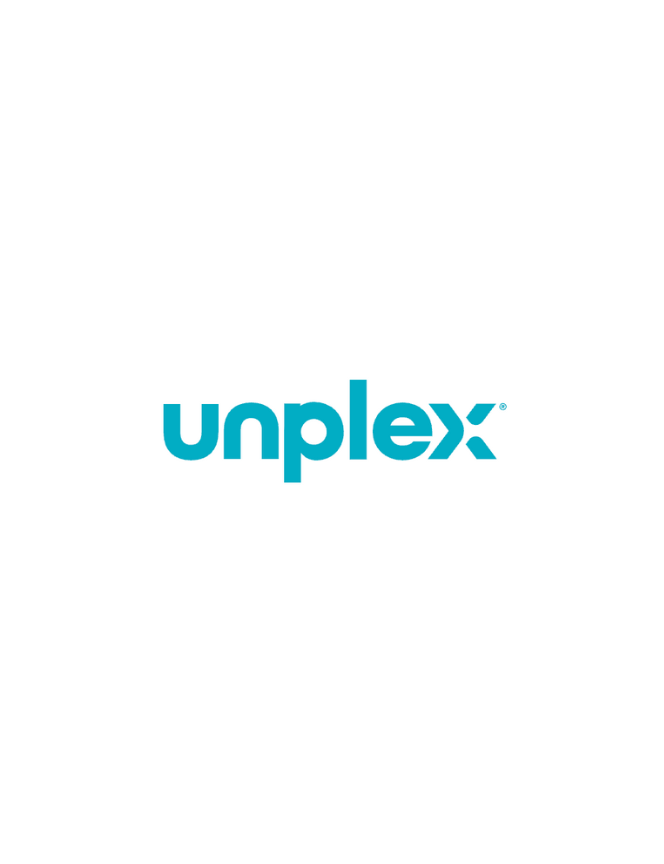
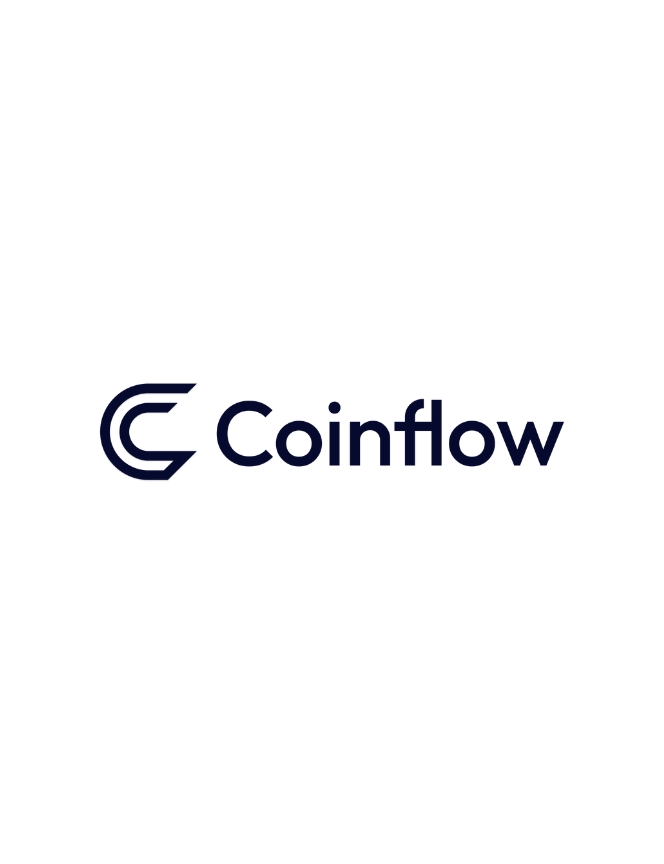
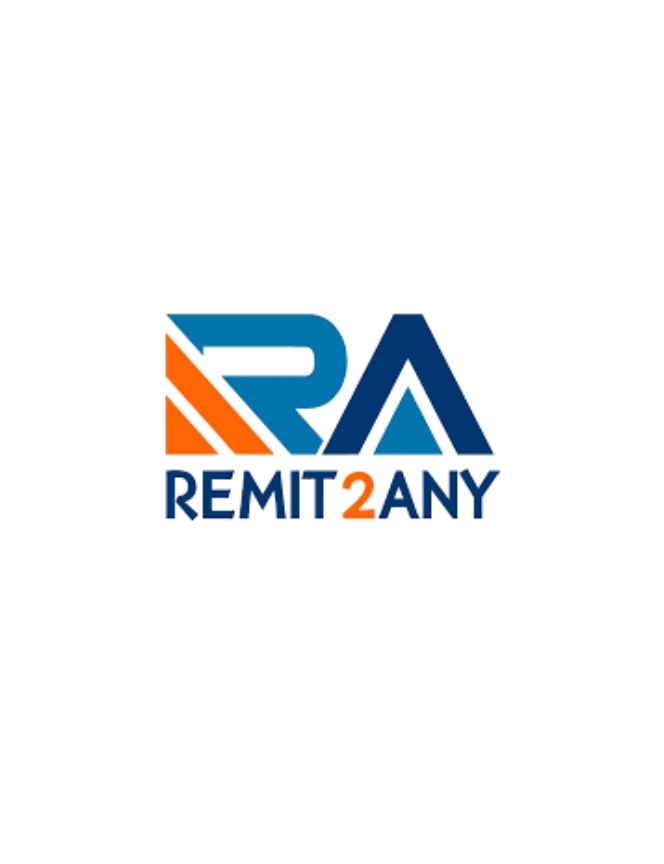
Heading 1
Heading 2
Heading 3
Heading 4
Heading 5
Heading 6
Lorem ipsum dolor sit amet, consectetur adipiscing elit, sed do eiusmod tempor incididunt ut labore et dolore magna aliqua. Ut enim ad minim veniam, quis nostrud exercitation ullamco laboris nisi ut aliquip ex ea commodo consequat. Duis aute irure dolor in reprehenderit in voluptate velit esse cillum dolore eu fugiat nulla pariatur.
Block quote
Ordered list
- Item 1
- Item 2
- Item 3
Unordered list
- Item A
- Item B
- Item C
Bold text
Emphasis
Superscript
Subscript
Heading 1
Heading 2
Heading 3
Heading 4
Heading 5
Heading 6
Lorem ipsum dolor sit amet, consectetur adipiscing elit, sed do eiusmod tempor incididunt ut labore et dolore magna aliqua. Ut enim ad minim veniam, quis nostrud exercitation ullamco laboris nisi ut aliquip ex ea commodo consequat. Duis aute irure dolor in reprehenderit in voluptate velit esse cillum dolore eu fugiat nulla pariatur.
Block quote
Ordered list
- Item 1
- Item 2
- Item 3
Unordered list
- Item A
- Item B
- Item C
Bold text
Emphasis
Superscript
Subscript
Heading 1
Heading 2
Heading 3
Heading 4
Heading 5
Heading 6
Lorem ipsum dolor sit amet, consectetur adipiscing elit, sed do eiusmod tempor incididunt ut labore et dolore magna aliqua. Ut enim ad minim veniam, quis nostrud exercitation ullamco laboris nisi ut aliquip ex ea commodo consequat. Duis aute irure dolor in reprehenderit in voluptate velit esse cillum dolore eu fugiat nulla pariatur.
Block quote
Ordered list
- Item 1
- Item 2
- Item 3
Unordered list
- Item A
- Item B
- Item C
Bold text
Emphasis
Superscript
Subscript
Heading 1
Heading 2
Heading 3
Heading 4
Heading 5
Heading 6
Lorem ipsum dolor sit amet, consectetur adipiscing elit, sed do eiusmod tempor incididunt ut labore et dolore magna aliqua. Ut enim ad minim veniam, quis nostrud exercitation ullamco laboris nisi ut aliquip ex ea commodo consequat. Duis aute irure dolor in reprehenderit in voluptate velit esse cillum dolore eu fugiat nulla pariatur.
Block quote
Ordered list
- Item 1
- Item 2
- Item 3
Unordered list
- Item A
- Item B
- Item C
Bold text
Emphasis
Superscript
Subscript
Heading 1
Heading 2
Heading 3
Heading 4
Heading 5
Heading 6
Lorem ipsum dolor sit amet, consectetur adipiscing elit, sed do eiusmod tempor incididunt ut labore et dolore magna aliqua. Ut enim ad minim veniam, quis nostrud exercitation ullamco laboris nisi ut aliquip ex ea commodo consequat. Duis aute irure dolor in reprehenderit in voluptate velit esse cillum dolore eu fugiat nulla pariatur.
Block quote
Ordered list
- Item 1
- Item 2
- Item 3
Unordered list
- Item A
- Item B
- Item C
Bold text
Emphasis
Superscript
Subscript
Heading 1
Heading 2
Heading 3
Heading 4
Heading 5
Heading 6
Lorem ipsum dolor sit amet, consectetur adipiscing elit, sed do eiusmod tempor incididunt ut labore et dolore magna aliqua. Ut enim ad minim veniam, quis nostrud exercitation ullamco laboris nisi ut aliquip ex ea commodo consequat. Duis aute irure dolor in reprehenderit in voluptate velit esse cillum dolore eu fugiat nulla pariatur.
Block quote
Ordered list
- Item 1
- Item 2
- Item 3
Unordered list
- Item A
- Item B
- Item C
Bold text
Emphasis
Superscript
Subscript
Heading 1
Heading 2
Heading 3
Heading 4
Heading 5
Heading 6
Lorem ipsum dolor sit amet, consectetur adipiscing elit, sed do eiusmod tempor incididunt ut labore et dolore magna aliqua. Ut enim ad minim veniam, quis nostrud exercitation ullamco laboris nisi ut aliquip ex ea commodo consequat. Duis aute irure dolor in reprehenderit in voluptate velit esse cillum dolore eu fugiat nulla pariatur.
Block quote
Ordered list
- Item 1
- Item 2
- Item 3
Unordered list
- Item A
- Item B
- Item C
Bold text
Emphasis
Superscript
Subscript
Heading 1
Heading 2
Heading 3
Heading 4
Heading 5
Heading 6
Lorem ipsum dolor sit amet, consectetur adipiscing elit, sed do eiusmod tempor incididunt ut labore et dolore magna aliqua. Ut enim ad minim veniam, quis nostrud exercitation ullamco laboris nisi ut aliquip ex ea commodo consequat. Duis aute irure dolor in reprehenderit in voluptate velit esse cillum dolore eu fugiat nulla pariatur.
Block quote
Ordered list
- Item 1
- Item 2
- Item 3
Unordered list
- Item A
- Item B
- Item C
Bold text
Emphasis
Superscript
Subscript
Heading 1
Heading 2
Heading 3
Heading 4
Heading 5
Heading 6
Lorem ipsum dolor sit amet, consectetur adipiscing elit, sed do eiusmod tempor incididunt ut labore et dolore magna aliqua. Ut enim ad minim veniam, quis nostrud exercitation ullamco laboris nisi ut aliquip ex ea commodo consequat. Duis aute irure dolor in reprehenderit in voluptate velit esse cillum dolore eu fugiat nulla pariatur.
Block quote
Ordered list
- Item 1
- Item 2
- Item 3
Unordered list
- Item A
- Item B
- Item C
Bold text
Emphasis
Superscript
Subscript
Heading 1
Heading 2
Heading 3
Heading 4
Heading 5
Heading 6
Lorem ipsum dolor sit amet, consectetur adipiscing elit, sed do eiusmod tempor incididunt ut labore et dolore magna aliqua. Ut enim ad minim veniam, quis nostrud exercitation ullamco laboris nisi ut aliquip ex ea commodo consequat. Duis aute irure dolor in reprehenderit in voluptate velit esse cillum dolore eu fugiat nulla pariatur.
Block quote
Ordered list
- Item 1
- Item 2
- Item 3
Unordered list
- Item A
- Item B
- Item C
Bold text
Emphasis
Superscript
Subscript
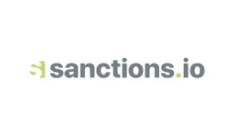
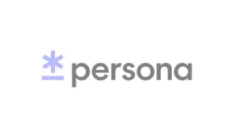












Ready to move your business onto stablecoin rails?

